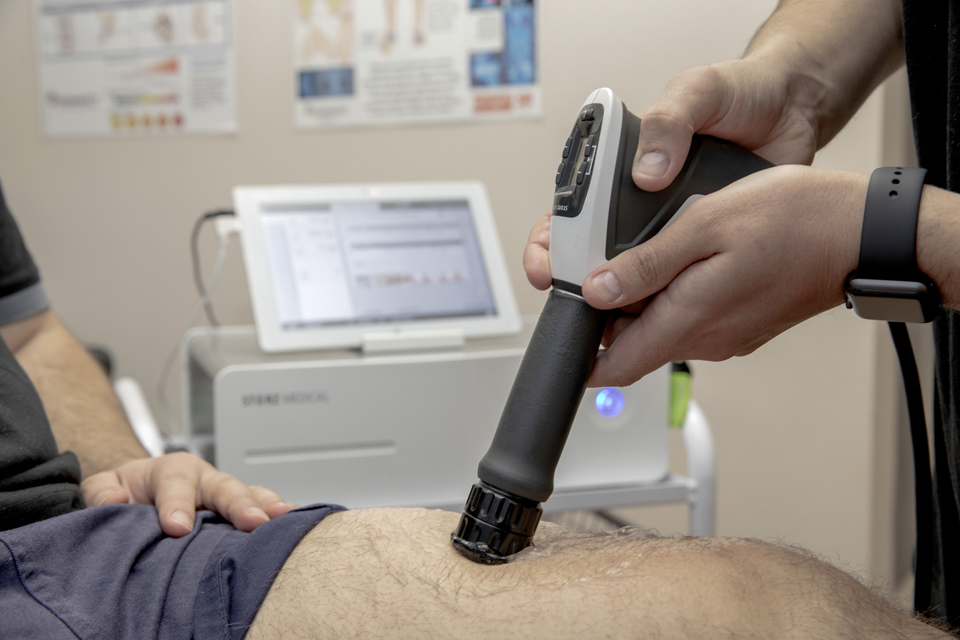
However, this also means that a comprehensive assessment is absolutely vital in order to determine the cause of your pain and dysfunction, as well as any contributing factors, or possible health precautions that may need to be taken in order to ensure that our treatment is both effective and safe for you and your condition.
It is through the comprehensive assessment that the therapist is able to identify possible structures or factors that may be at fault in causing your pain or dysfunction. However, it is also during this process that the need for referral for further investigation may arise, and it is for this very reason that this is absolutely essential in your treatment.
During your initial appointment with us, your assessment will consist of both an interview as well as a series of tests that will be based on your interview, in order to accurately determine the structure or cause of your pain and dysfunction.
In the interview, your therapist may ask you a range of questions including:
According to the International Federation of Orthopaedic Manipulative Physical Therapists (IFOMPT), manual therapy has been defined as “skilled hand movements intended to produce any or all of the following effects:
The history and presentation of your current condition.
Your pain or dysfunction level and how it effects your daily life.
Any previous or co-existing conditions or injuries.
Your general health.
Special questions in order to determine the severity of your condition.
Medications you may be taking.
Training or exercise regimes.
Hobbies.
Goals you may have regarding your condition.
Based on this, your therapist will decide what tests to perform during your objective assessment. These tests may include:
According to the International Federation of Orthopaedic Manipulative Physical Therapists (IFOMPT), manual therapy has been defined as “skilled hand movements intended to produce any or all of the following effects:






